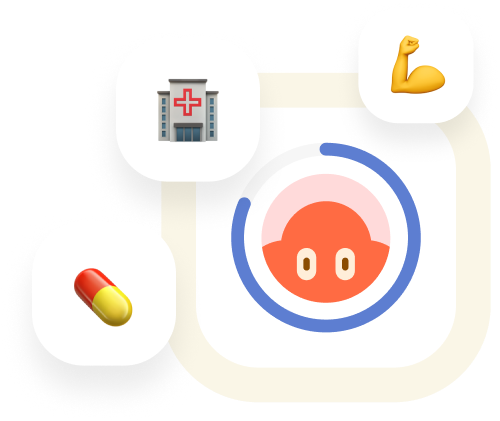Join a Community That Understands You
Get answers from those who share your health journey



_Robbie_'s Post
_Robbie_
Updated 1y ago
Questioning My Gender Identity: Is There a Cure for Gender Dysphoria?
Can you help? Connect today
Your Alikes say
Transitioning is often considered the most effective way to alleviate gender dysphoria, but it's not the only option. Some people may find relief through therapy, support groups, or other non-medical ...See More
AnimalBoy
1y
spicysugar
1y
skeptic_
1y
skeptic_
1y
ajar
1y
The content in this post is not intended to be a substitute for professional medical advice, diagnosis, or treatment. Always seek the advice of your physician or other qualified health provider with any questions you may have regarding a medical condition.

Free unlimited access
to all community content

Find others who are
medically similar to you

Pose questions and join
meaningful discussions
Alike is a transformative platform that goes beyond just bringing together patients; it meticulously connects individuals based on multiple critical factors, such as age, gender, comorbidities, medications, diet, and more, fostering a community of knowledge, support and empathy.
© 2020-2024 Alike, Inc